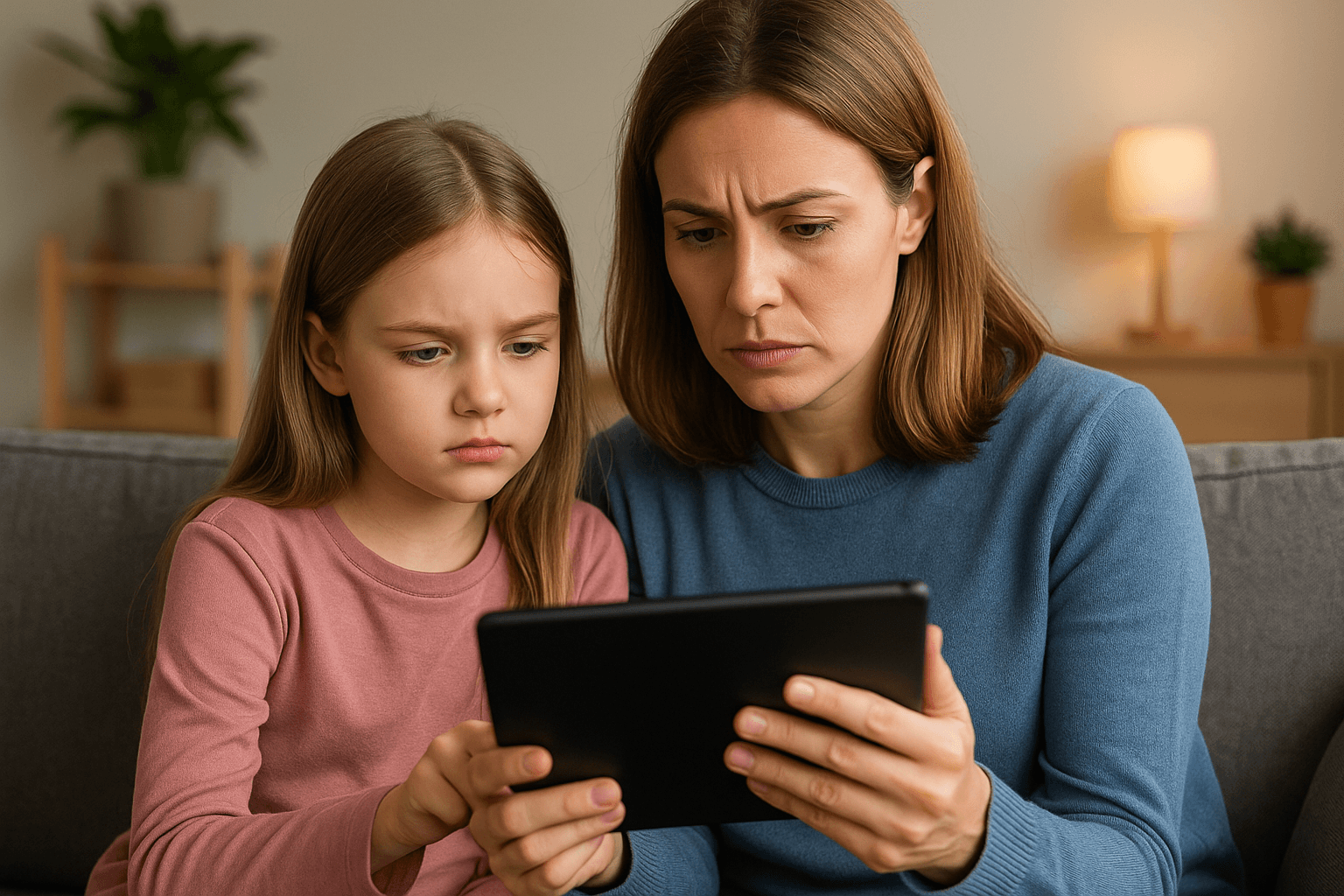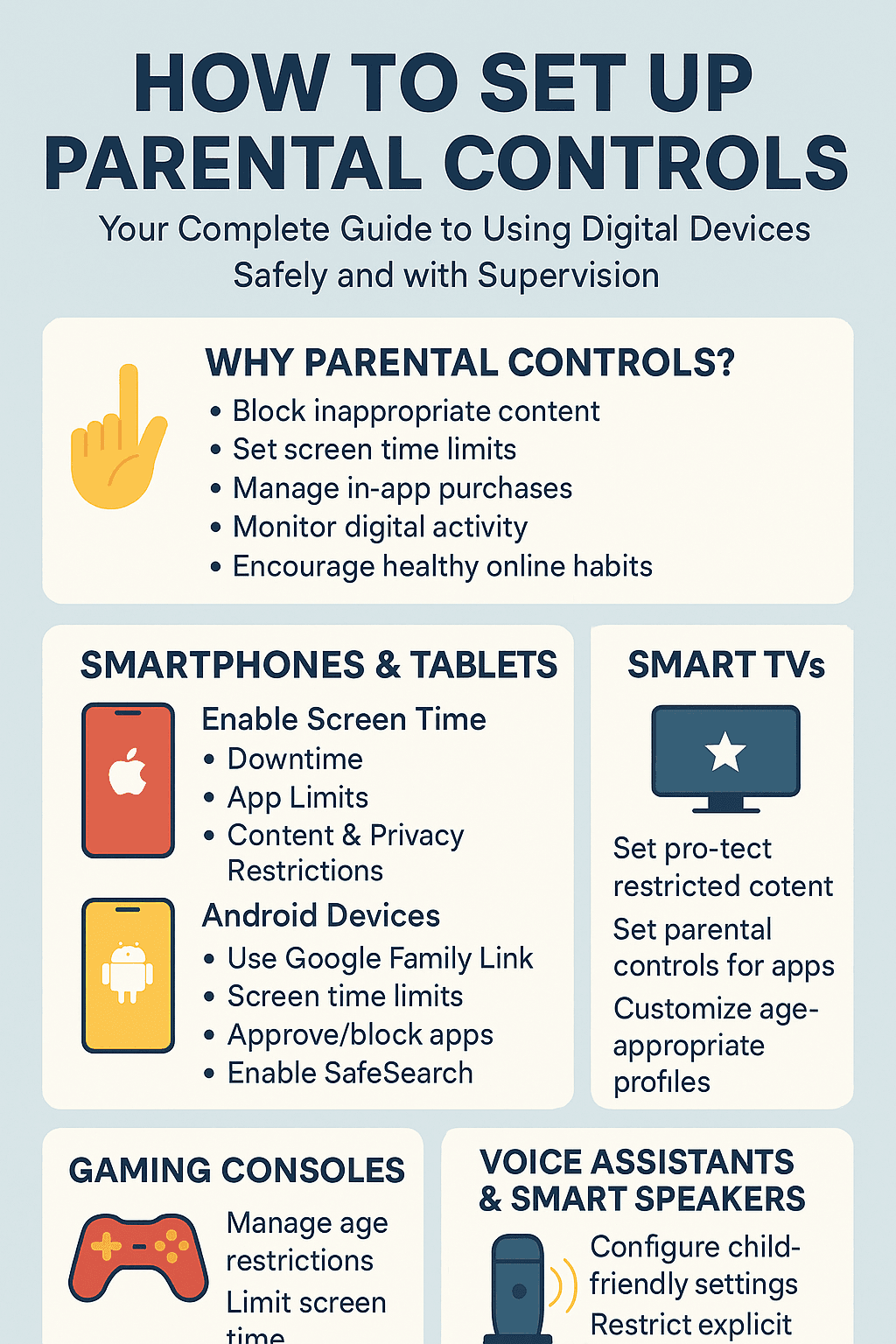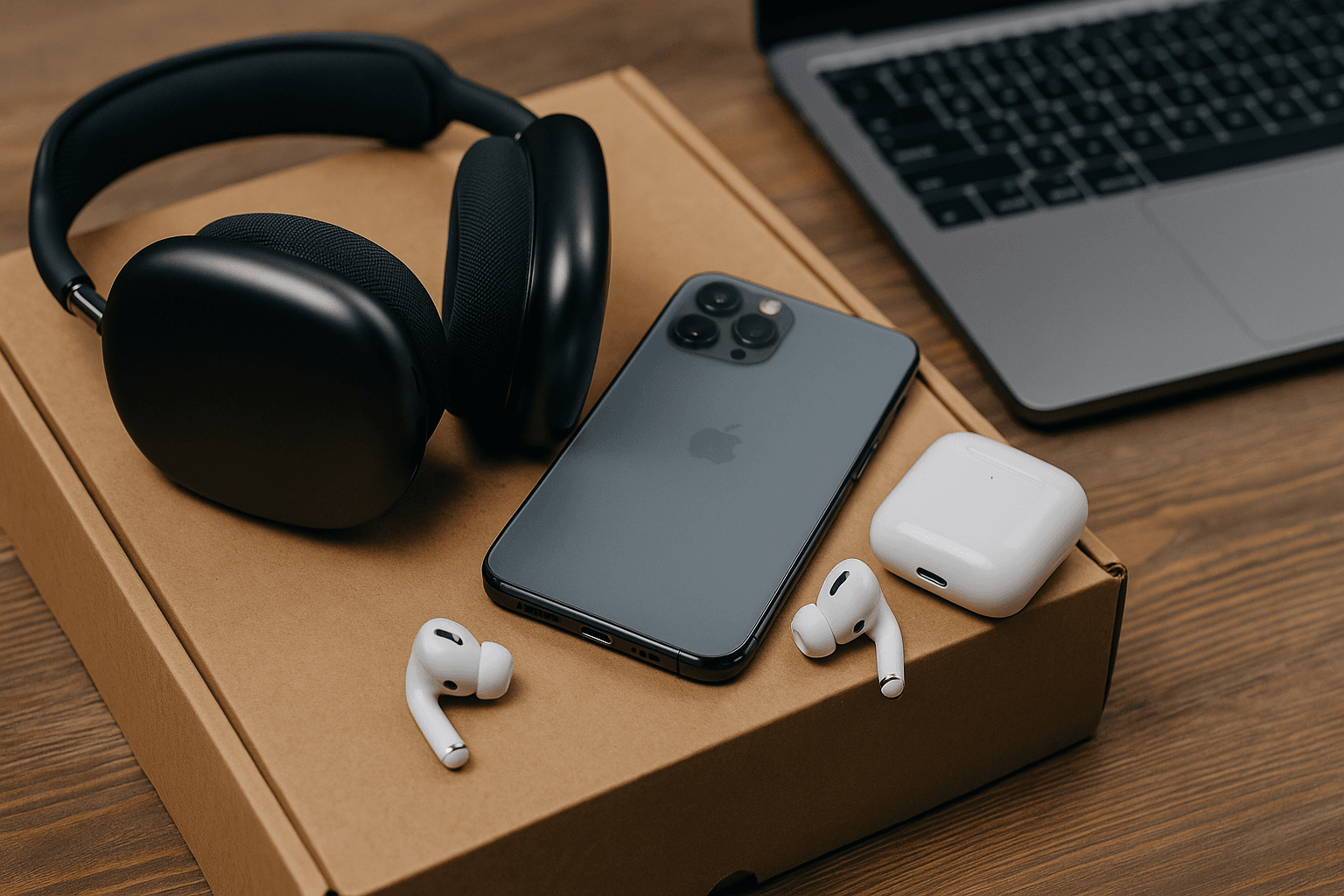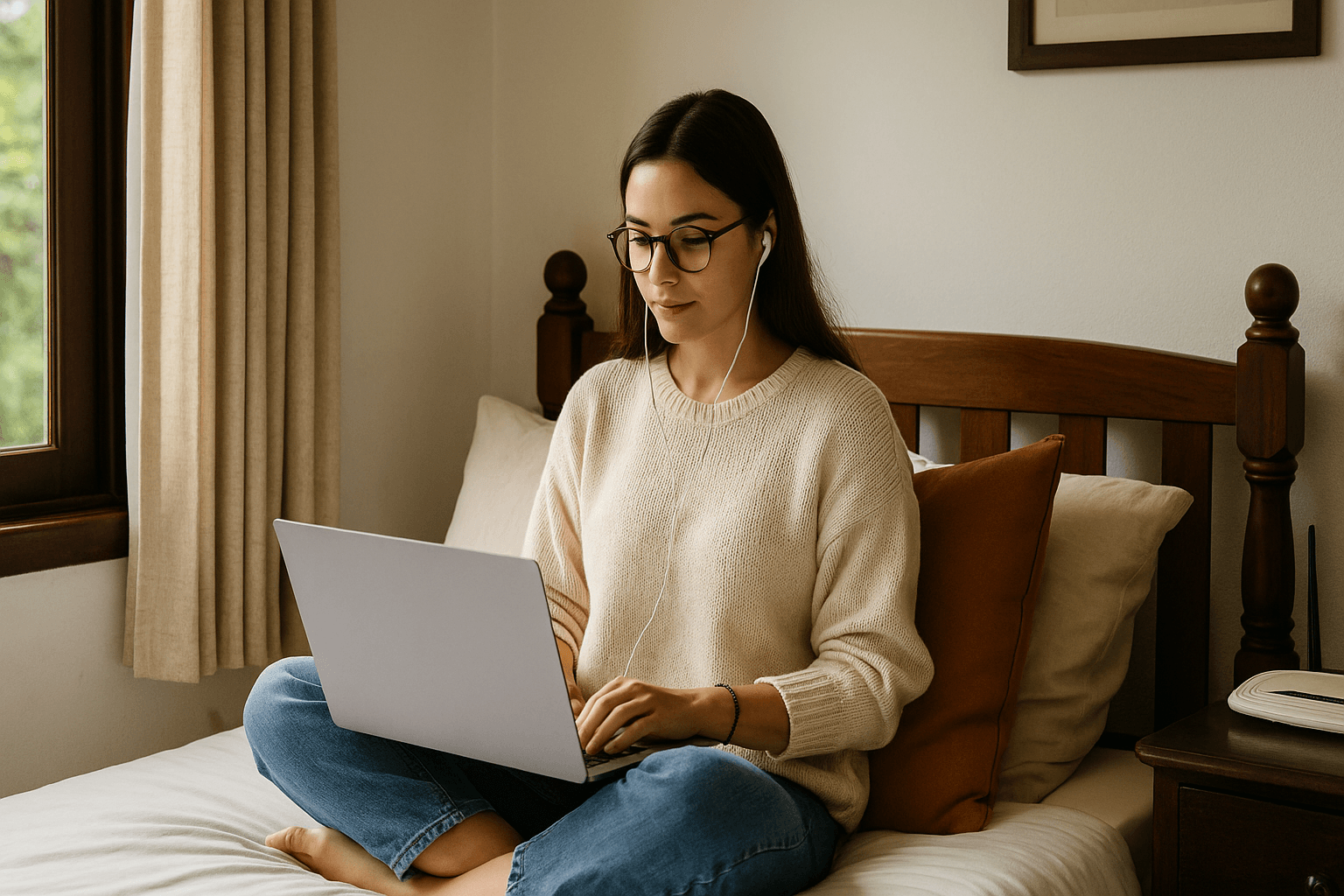How to Set Up Parental Controls on Smartphones and Tablets

The Digital Dilemma: An Introduction
In today’s tech-savvy world, children are using smartphones, tablets, smart TVs, and even voice assistants at younger ages than ever before. While these devices offer entertainment and education, they also pose risks: exposure to inappropriate content, screen addiction, and unsafe communication.
Parental controls, when properly set up, are powerful tools that help make the digital world safer and healthier for kids. This guide explains how to activate parental controls on various smart devices without using complicated tech jargon.
Why Parental Controls Matter
Parental controls aren’t just about blocking access — they are about guiding kids toward responsible, safe use of technology. With these tools, you can:
- Block inappropriate content
- Set screen time limits
- Manage in-app purchases
- Monitor digital activity
- Encourage healthy online habits
By using parental controls wisely, parents can ensure that kids benefit from technology without becoming overwhelmed by it.
Smartphones and Tablets
iOS (iPhone and iPad)
Apple’s Screen Time feature allows parents to manage how children use their devices:
Open Settings > Screen Time
Tap "Turn On Screen Time" and select "This is My Child’s iPhone/iPad"
Set up the following:
Downtime – Schedule hours when the device can’t be used.
App Limits – Set time limits for app categories like games or social media.
Content & Privacy Restrictions –
Block explicit content
Prevent app installation/deletion
Restrict adult websites
Use a 4-digit passcode to protect your settings.
## Android Devices
Most Android phones now support Google Family Link, which lets you manage your child’s device remotely:
Install Google Family Link on your device and your child’s
Link your child’s Google account under your supervision
Use the app to:
- Set screen time limits
- Approve or block apps
- View app usage reports
- Lock the device remotely
- Enable SafeSearch to filter web content
Note: Features may vary depending on Android version and device model.
Smart TVs
Samsung Smart TVs
- Go to Settings > Broadcasting > Program Rating Lock Settings
- Create a PIN to set content ratings for shows and movies
- Use Parental Controls in the Apps menu to restrict app access
### LG Smart TVs
- Navigate to Settings > All Settings > Safety
- Enable Safety Mode and set a 4-digit PIN
- Restrict apps, channels, and web content using WebOS filters

Streaming Platforms
Netflix
Customize profiles for children
Set maturity level and PIN-protect adult content
- YouTube Kids
- Limit screen time
- Choose age-appropriate content
- Manually approve specific videos or channels
Gaming Consoles
PlayStation 4 / 5
Go to Settings > Parental Controls/Family Management
Create a Child Account
Set:
- Age restrictions for games
- Browser restrictions
- Play time limits with Play Time Management
### Xbox
Create a Microsoft Family Account
Use Xbox Family Settings to manage:
- Screen time schedules
- Purchase approvals
- Game/app restrictions
- Communication filters
Voice Assistants & Smart Speakers
Amazon Echo (Alexa)
Open the Alexa appTurn on Amazon Kids for the device
Activate:
- Age-appropriate responses
- Activity monitoring
- Explicit music filters
- Usage time limits
## Google Nest/Home
Use Google Family Link to connect your child’s account
Enable Digital Wellbeing Filters in the Home app
Use Voice Match to control who can access certain features
## Best Practices for Using Parental Controls
Balance trust and supervision – Explain your rules and reasons
Update settings regularly – As kids grow, their needs change
Stay informed – Learn about new device features and privacy tools
Review reports – Use activity data to understand usage patterns
Involve your kids – Let them participate in setting digital rules
Safety is a Shared Responsibility
Parental controls are not a “set-and-forget” solution. They are part of an ongoing journey of active digital parenting that combines supervision, trust, and education. When used correctly, these tools not only protect your children but also help them grow into responsible digital citizens.
Remember: The goal isn’t to monitor — it’s to empower.
Related Articles

Best Noise-Cancelling Earphones for Travel and Wor...

Shopping 101: How to Get the Best Electronics Deal...

